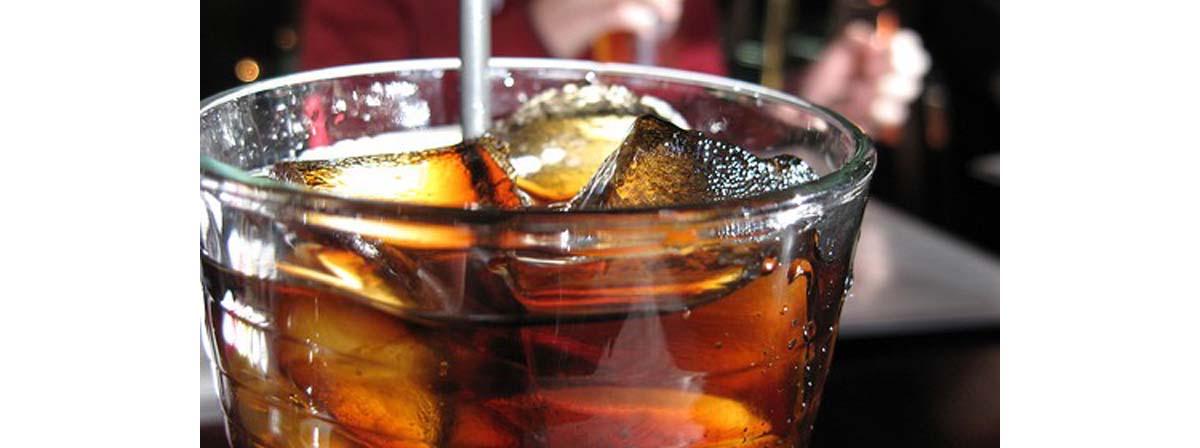Table of Contents
Diet sodas may have been seen as not a threat in the last study, but that might not be the case. Although the increased risk found in the study for diet sodas dropped out of the equation in the study above when factors such as calorie intake and body mass index were factored in, other studies have shown that they are not free from risk.

French researchers studied a group of over 66,000 women from 1993 to 2007, monitoring diet and the incidence of type 2 diabetes.
And in contrast to the study above, the risk remained even when increased body mass index was factored in.
The risk for developing diabetes was highest in the women who drank more than 359 millilitres (little more than one can = 355ml) of sugar-sweetened, or more than 603ml of diet soda, per week. Even after allowing for confounding factors such as high body mass index, there was still a significant link between drinking diet sodas and development of type 2 diabetes.
No link was found between drinking 100% fruit juices and diabetes, in this study.
How can diet sodas cause diabetes?
There a number of theories, one being that drinking diet sodas leads to a preference for sweet foods and also stimulates appetite. Some studies have also shown that although not sweetened with sugar, diet sodas cause similar increases in insulin levels (which normally follows intake of sugar) to sugary drinks.
The authors of the San Antonio heart study have even suggested that diet sodas may be the cause of current obesity problems, rather than the solution. But more research is needed into the association.
So is it better to drink regular sodas instead of diet ones?
No, this is not the message from these studies. The association between sugary sodas and diabetes is clear and they are also linked with tooth decay and weight gain. So I’m afraid they really have nothing in their favor.
Although a link between diet sodas and diabetes is starting to emerge, not all studies have confirmed it, so the link is not as clear cut. So of the two, drinking diet sodas maydo less harm – but this is not guaranteed. The best strategy to avoid diabetes, especially if you have risk factors such as being overweight, is to stick to good old tea and coffee (without sugar!) and water.
So they might be your best bet, but bear in mind that these should also be drunk in moderation as they are relatively high in calories and contain tooth-eroding acids.
In the case of children, it is probably much better to encourage them to drink fruit juices and water from an early age, in preference to sodas. Good luck with that one!
- link.springer.com/article/10.1007%2Fs00125-013-2899-8#
- Fagherazzi G, Vilier A, Saes Sartorelli D, Lajous M, Balkau B, Clavel-Chapelon F. Consumption of artificially and sugar-sweetened beverages and incident type 2 diabetes in the Etude Epidemiologique aupres des femmes de la Mutuelle Generale de l'Education Nationale-European Prospective Investigation into Cancer and Nutrition cohort. Am J Clin Nutr. 2013, 97(3), 517-23
- Photo courtesy of SpouseLinkOrg AAFMAA photos by Picasa : lh4.googleusercontent.com/-un45iL8iwfQ/URve_TiPuvI/AAAAAAAAAg0/9h0iLnEtkz0/s630/diet%2520soda%2520diabetes.jpg
- Photo courtesy of Willieam Hartz by Flickr : www.flickr.com/photos/whartz/1926422258/
- www.kickthecan.info/files/documents/Fagherazzi-2013%20ajcn%20ArtificalSweeteners_Diabetes%20Risk.pdf


Your thoughts on this